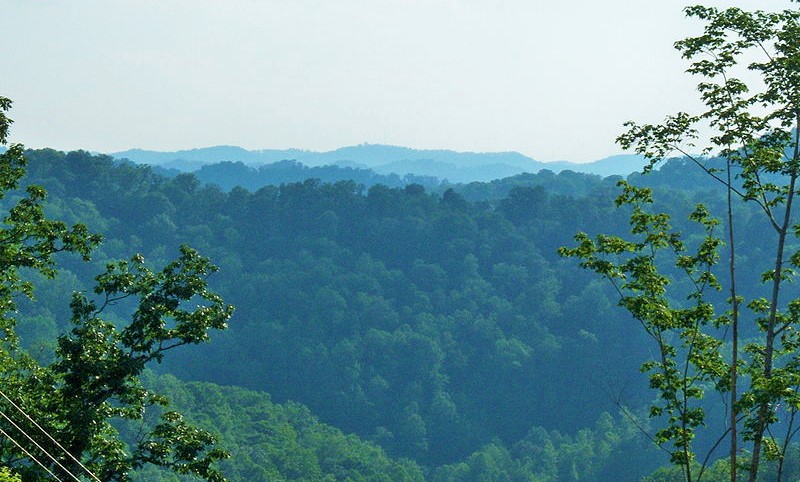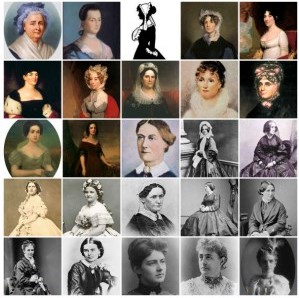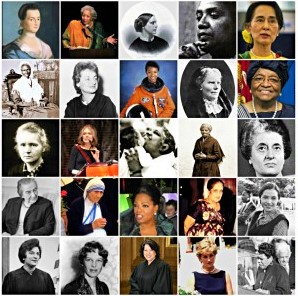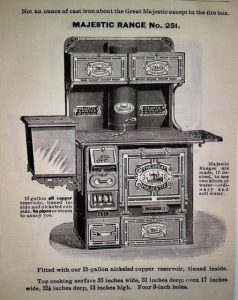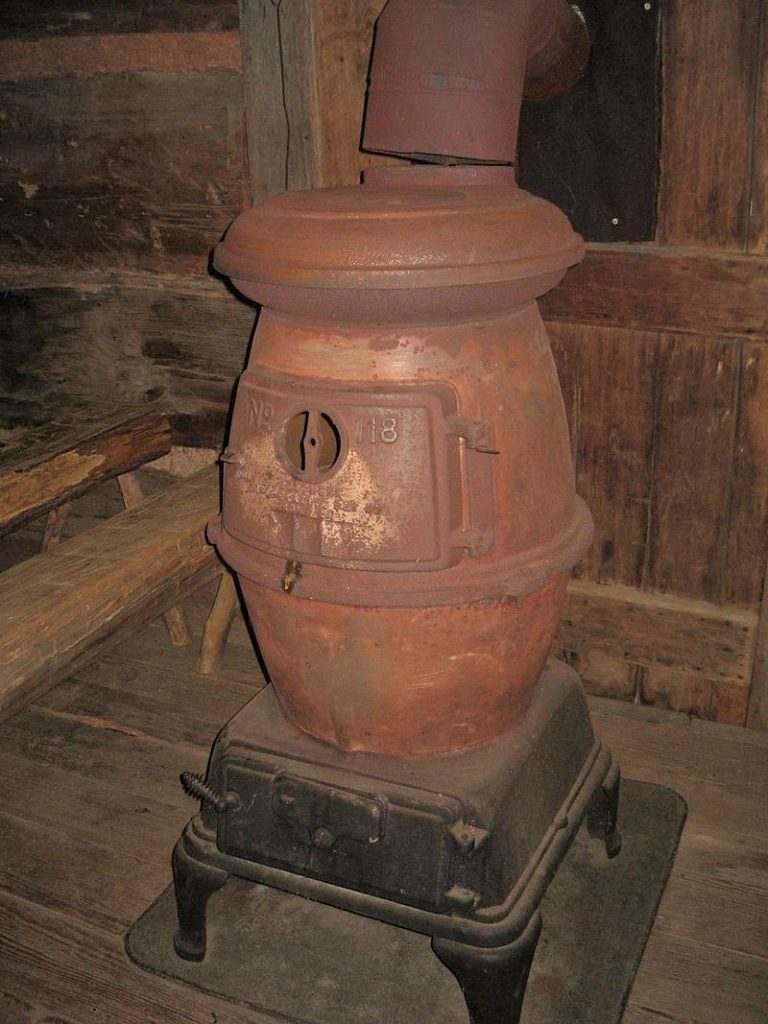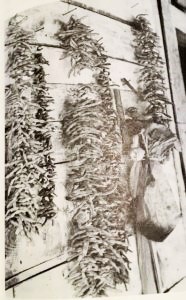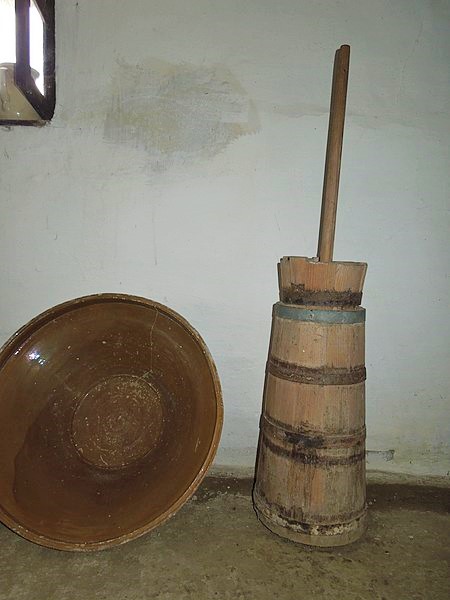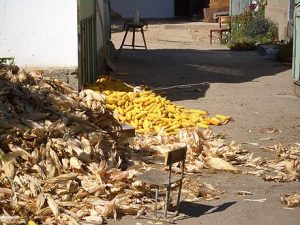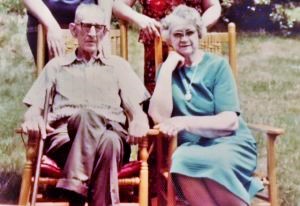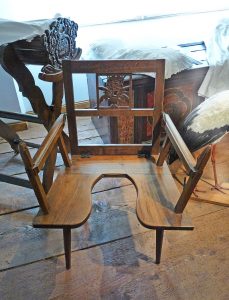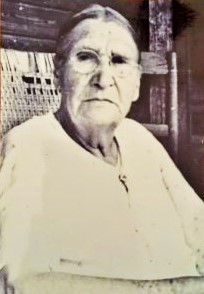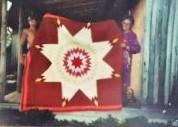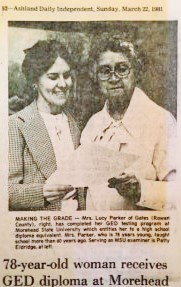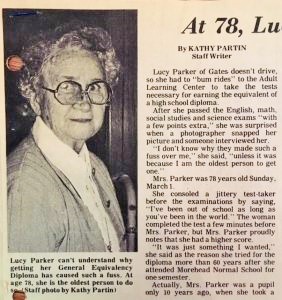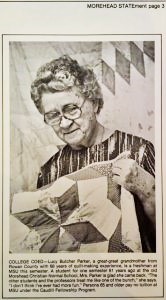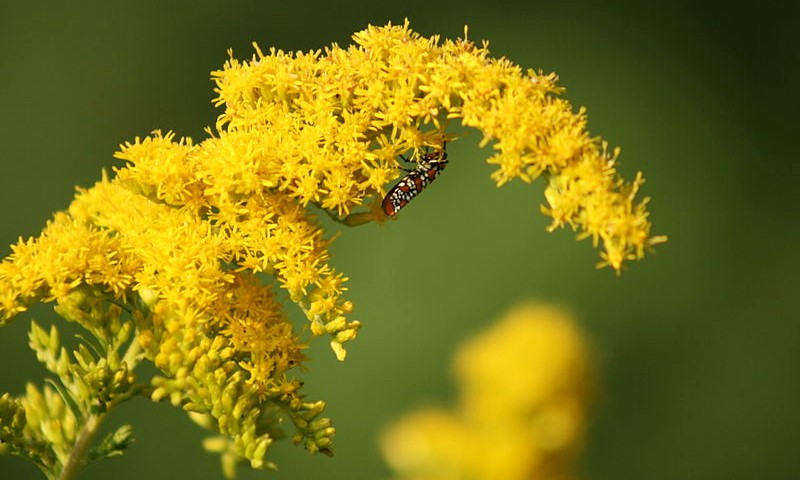In March of 2018 I posted “Unwritten History of a Thriver,” a Women’s History Month homage to my paternal grandmother, one of the strongest and most influential people in my life. Much of what follows was included then, but with a couple of factual corrections. I always think of her on March 1, because that was the day she was born in 1903.
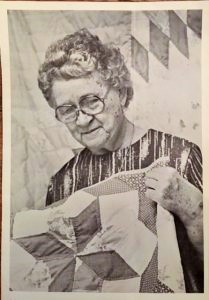
Margaret Louisa Butcher, the ninth of twelve children, was born on Yost Branch in Johnson County, Kentucky. Some of her siblings couldn’t pronounce that name and thus she was known as “Lucy” from her infancy on.
.
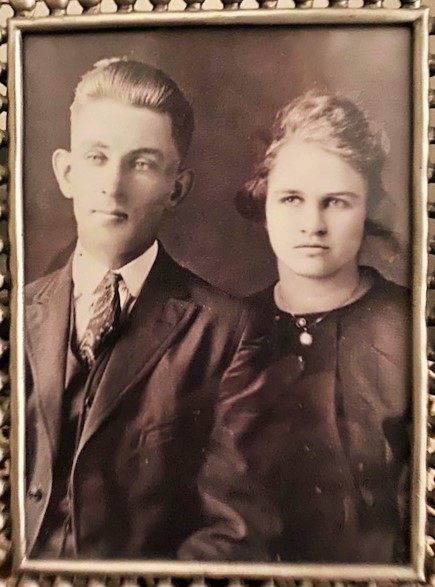
She married Allie Howard Parker and from then on was officially Lucy Butcher Parker. For many decades they lived at the head of old House Creek in Rowan County, Kentucky.
. .
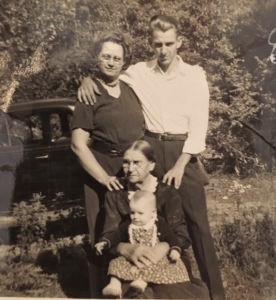
This picture of Granny, my father, Granny Butcher, and me was taken in the yard there. The Old Home Place (as everyone in the family called it) was four rooms and two porches. The front porch was for rocking, swinging, and whatever work could be done outside.
.
The back porch was for churning butter and washing clothes. Eventually there was a wringer washer, but before that it was a washboard and two tubs. Washing on the washboard was so laborious that Granny would note in her diary how many items of clothes she washed in a day.
The house had electricity by the time I knew it but no running water or indoor plumbing of any sort. The well was in the backyard and the outhouse sat over a little tributary to Old House Creek.
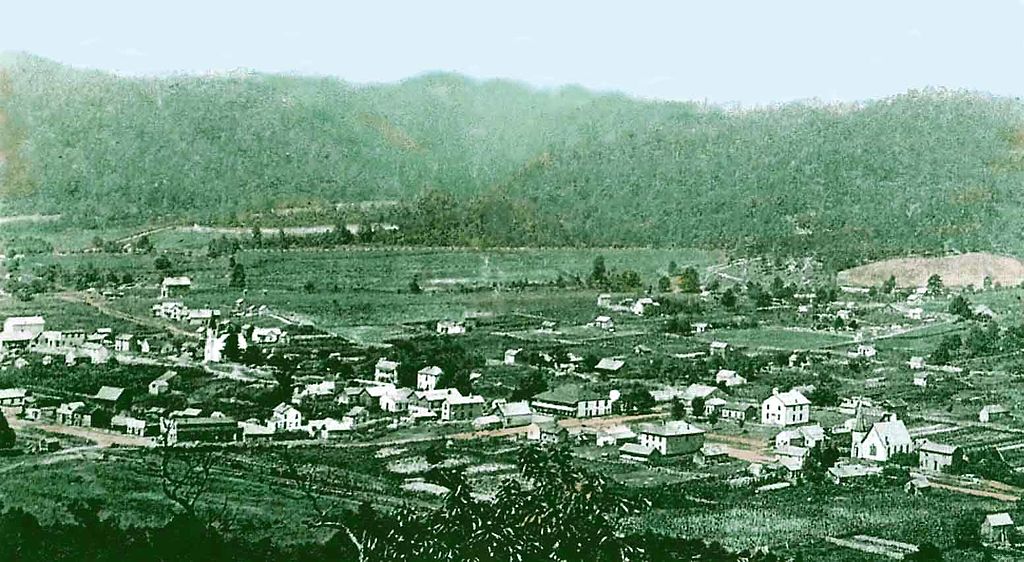
Granny cooked on a cast iron, wood-burning stove, and two of the other rooms were heated with potbellied wood/coal burning stoves, similar to those pictured below. Cornbread and biscuits were staples.
I used to play on the stacked wood behind the kitchen stove, where it was warm and close to where Granny worked. On the wall above me were strings of dried apple rings and leather britches beans (dried green beans).
One time I sneaked a snack of dried apples and it tasted so good that I ate the whole string. Then, being really thirsty, I drank dipper after dipper of well water. Granny didn’t punish me for the apples. She said the apples would punish me for her. As the apples rehydrated in my stomach, I thought I was going to burst and hurt something awful. Once the stomach ache passed, I had diarrhea so bad I had to run to the outhouse again and again.
From my adult perspective, I marvel at how Granny could be so cheerful given her arduous daily labor. She had a vegetable garden, the harvest followed by canning, drying, and root-cellaring for the off-season. She kept chickens and milk cows, requiring tending every day, regardless of weather.
Churn, butter, churn.
Churn, butter, churn.
Johnny’s at the garden gate
Waiting for a butter cake.
Churn, butter, churn.
Granny churned her own butter and sold some of it to the general store out on the highway. I sometimes helped churn, though I didn’t have the stamina to do the whole job. The churning rhyme helped keep the rhythm smooth, moving the dasher up and down word by word.
According to my Aunt Mary, Dad’s younger sister, the VA Hospital sent Grandpa home in 1933 to die because they couldn’t cure his illness. He was a coal miner in his earlier years, before being gassed in France during WWI. He didn’t die, but while he struggled to regain his health, Granny and the children struggled to get by.
In the late 30s and early 40s, Aunt Nora and Dad set traps for fur-bearing animals, and sold the pelts. They also raised, dried, shelled, and shipped popcorn to add to their income, as well as picking blackberries for five cents a gallon. They shelled corn for a neighbor to take to the gristmill. The inner husks from dried corn was used for filling, like feathers for a feather bead.
Granny had a hard life—perhaps not by Appalachian standards of the time, but certainly by anyone’s standards today.
All their children were born at home, Granny sitting on Grandpa’s lap, his knees spread to make a birthing chair. Only five of her children grew to adulthood.
Her widowed mother, Granny Butcher, spent nearly all of her last seventeen years living with Grandpa and Granny. I’m told Granny Butcher was a kind, gentle woman. By the time I knew her, she was old and nearly blind.
Still, she did what she could to help—snapping beans, shelling peas, churning, and the like. Granny Parker nursed her through her last decline and did the same for Grandpa.
What I most remember about Granny—besides her never-ending work—was her laugh. She loved a good joke or humorous stories. I don’t remember her ever complaining. She read the Bible every day and Reader’s Digest as often as it came. She encouraged me to do all that I could, as well as I could.
I grew up wanting to be like her: strong, capable, and self-sufficient. I see a straight line between Granny’s influence and me earning a Ph.D. by age 25. I was the only one in my parents’ generation or mine to go to college.
Granny made all the quilts for her family. I have several of her quilts, and have passed some along to my children. In her later years she sold quilts to people from most if not all of the United States.
As a widow, she continued to make and sell quilts. I thought her life was pretty much as it always had been until she sent me this newspaper clipping about being the oldest person in Kentucky to earn her GED.
By then Granny had a phone and I called her.
“You never had a high school diploma? How can that be? Didn’t you teach school before you got married?”
She said, “No I never had a diploma. I studied at Morehead Normal School to be a teacher and then took the state examination. Don’t you remember me telling you that I was licensed to teach by examination? I was in the first group that had to go to Frankfort to be tested.”
And the next thing I knew, she had enrolled in college! If I remember correctly, Morehead State University created a senior citizens scholarship to cover her tuition and fees. Granny never learned to drive, so she had to plan her classes around the bus schedule and when she could get a ride.
I saw Granny shortly before she died at age 81. I asked whether, if she had it to do over again, she would change anything about her life. I expected her to say something about how her life could have been made easier.
What she did say was, “The only thing I regret is that I’m a junior and won’t live long enough to get my college diploma.”
During Women’s History Month, consider the important women in your history. And let me know about them!
